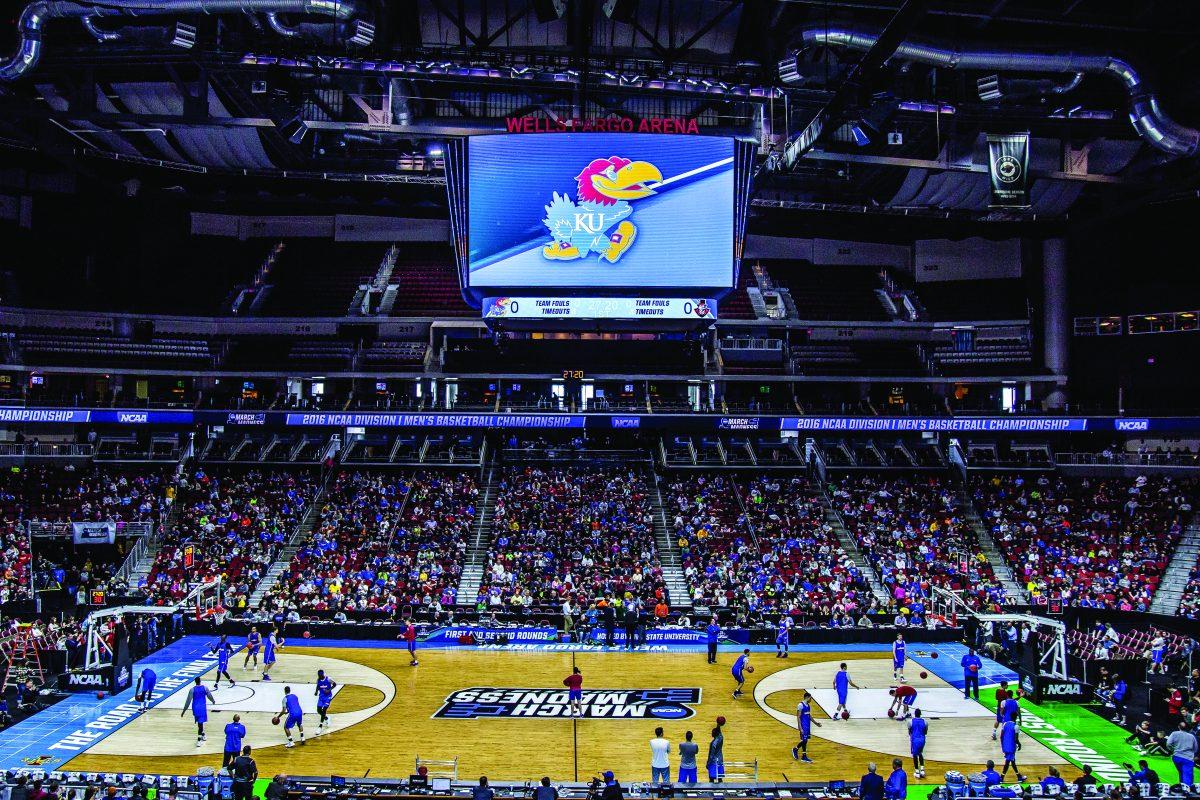Weeks before March Madness brackets started to bust, more than 20 Division I basketball programs across the country were busted by an FBI probe. The adjacent report linked schools to corruption via a breach of NCAA regulations, specifically for “under-the-table” payment of both high school and college athletes.
Yahoo! Sports posted the official FBI documents late last month, detailing the actions and transactions by named teams, coaches, players and agents.
The named programs include Alabama, Clemson, Creighton, Duke, Iowa State, Kansas, Kentucky, Louisville, LSU, Maryland, Michigan State, NC State, North Carolina, Notre Dame, Seton Hall, South Carolina, Texas, Vanderbilt, Virginia, USC, Utah, Washington, Wichita State and Xavier. In the initial implications that surfaced with charges last September, Auburn, Arizona and Oklahoma State were also named.
The released report, although massive in intel, has yet to detrimentally impact all accused programs on the large scale, most likely due to the popularity of March Madness. Schools such as Duke, Michigan State and – Drake University’s not-so-distant rival to the east – Creighton still received bids to the NCAA tournament.
Although, as the NY Post pointed out, not all schools were as “actively involved” as others, with some dealings perhaps occurring without the basketball program’s knowledge.
NCAA officials have stated since the release of the report that tournament bids were not affected by the scandal, despite allegations from fans that some teams such as Notre Dame and USC were left out of the tournament for that very reason.
The scandal brings up the age-old question about whether or not it’s fair for top-tier college athletes to play for free when they typically help bring in huge sums of money for their respected programs. Journalists like Chicago Tribune writer David Haugh argue for more fair athlete compensation, stating that players such as Michigan State’s Miles Bridges (who recently was cleared by the NCAA of accusations) “deserve to be treated differently than the majority of NCAA student-athletes” because of their demonstrated higher level of play, he stated in his Feb. 25 column. Haugh’s heated opinion on the matter was published two days after Yahoo! Sports released the FBI report.
So, how hard will the NCAA bring the hammer down post-tournament?
Last weekend, Mark Emmert, president of the NCAA, spoke to Detroit Free Press and said the organization is in fact reacting to the FBI’s uncoverings, but will most likely not make moves until April.
Emmert formed the College Basketball Commission (CBC) in response to the scandal, which is headed by former Secretary of State Condoleeza Rice. The organization is to focus on three key aspects: commercial entities, non scholastic basketball such as AAU teams and agents or advisors.
The CBC is expected to recommend courses of action to Emmert and the NCAA Board of Governors next month.
The NCAA failed to respond to a press inquiry from the Times-Delphic before this printing.
Duke, Kansas and Kentucky are the three accused men’s basketball programs still in the running for the 2018 championship title.
On Thursday, No. 5 seed Kentucky will play No. 9 seed Kansas State at 9:37 p.m. on CBS.
On Friday, No. 1 seed Kansas will match up against No. 5 seed Clemson on at 7:07 p.m. and No. 2 seed Duke will face No. 11 seed Syracuse at 9:37 p.m., also on CBS.







